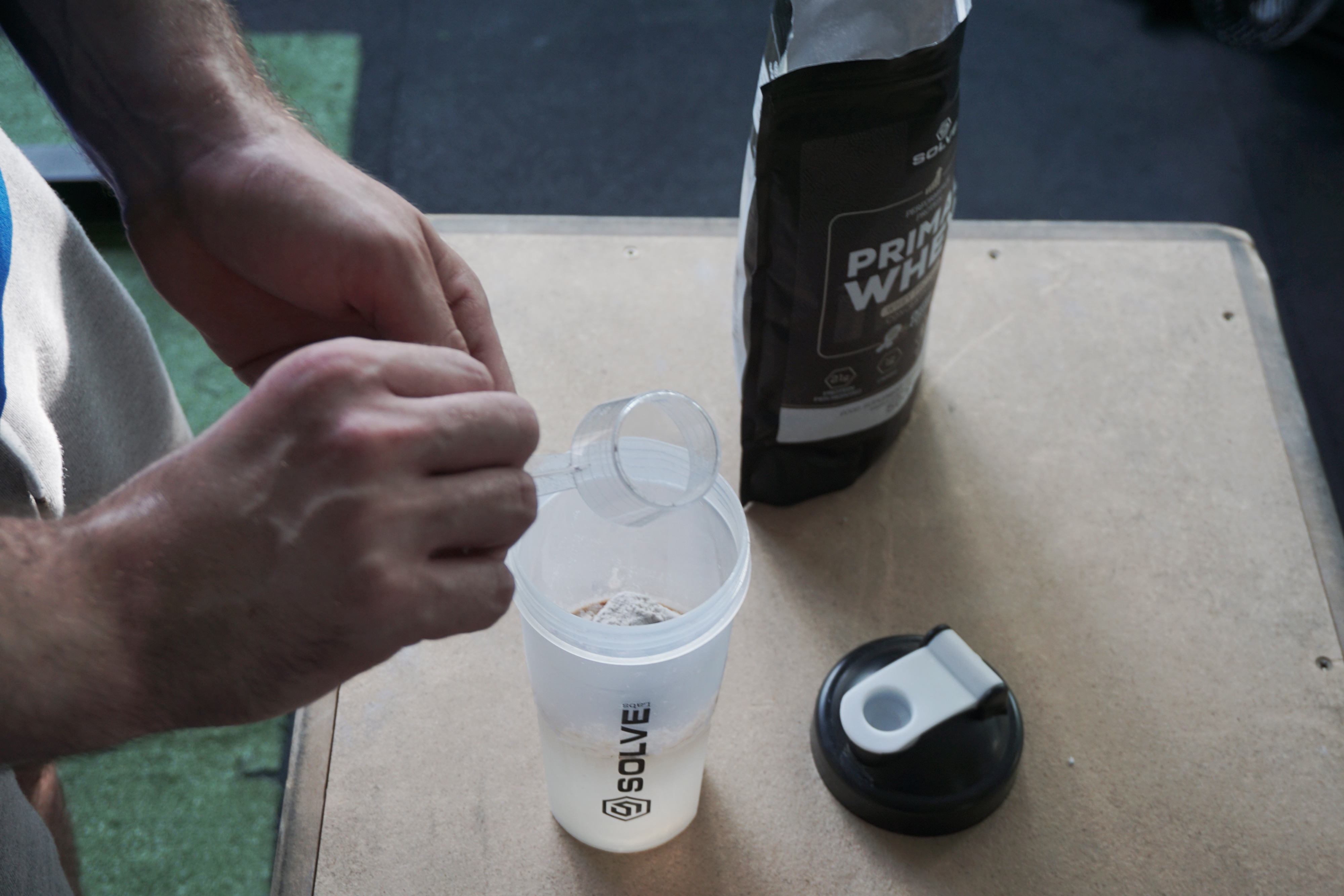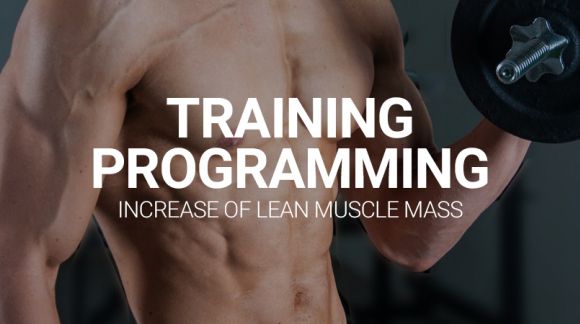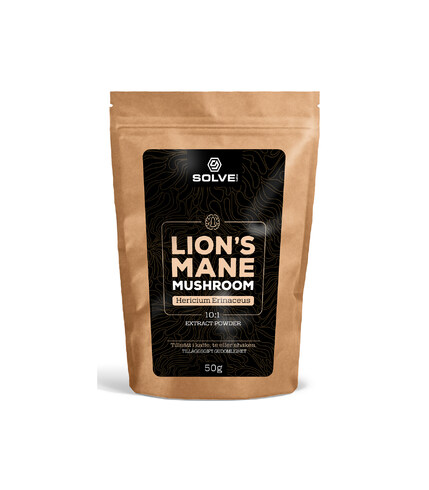Protein - functions performed in the diet
Protein is the most frequently mentioned nutrient, and its amount is often controlled by those involved in sports. Protein supplements and the like (eg BCAA) are very popular, and its important functions are already mentioned during the first biology lessons in primary school. However, it plays a much greater role than it might seem at first glance.
What is a protein and what does it do?
From a chemical point of view, a protein is a biopolymer made of amino acid residues linked by peptide bonds. Put simply, these are compounds made of amino acids - small molecules that can be compared to bricks on a construction site. There are many types of proteins, we can distinguish, among others, globulins (they are found, for example, in muscles and body fluids), albumin (enzymes, hormones) and prolamines (typical plant proteins found in seeds). The division itself is not so important for the average person, the functions of proteins are more important:
- Building functrion - they are like bricks that build a house, they are part of various tissues and without them it would be impossible to create them, e.g. development of muscle mass
- Transporting function - here proteins can be compared to trucks that provide tools to employees when building our house. Hemogoblin and transferrin are proteins that transport oxygen and iron to tissues, and are essential ingredients for life
- Regulatory function - biochemical processes, or even the action of various hormones, e.g. insulin and growth hormone, are regulated by proteins
- Immunological function- antibodies in immune reactions (immunoglobulins) are protein substances
- Others: nerve impulse transmission, growth control, membrane permeability control.
In addition, proteins make enzymes, substances also known as biocatalysts that are involved in most of the body's biochemical processes. They enable, for example: the decomposition of high-molecular nutrients (digestive enzymes).
As you can see, proteins are essential for life, and their functions are not limited to the word "building", which is the basis for teaching biology at school. They are extremely important in various aspects of functioning, so they must be supplied to the body in the right amount.
Dietary recommendations
According to the standards for the Polish population prepared by the Food and Nutrition Institute, protein should constitute 10-15% of the total energy supply. Other recommendations, also prepared by IŻŻ, can be found in the table:

It should be noted, however, that these amounts are sufficient for the proper functioning of a statistical person. Factors such as playing sports, physical work, stress, periods of illness and recovery and others require an increased consumption of protein. It is also worth knowing that in people with healthy kidneys and liver, even 3g / kg of body weight do not have negative effects.
Protein and sport

When it comes to sports nutrition, the most recommended amounts are 1.6 - 2.4 g per kilogram of body weight. For people training endurance and endurance, lower ranges are used, closer to the lower limits of the above limits. This is due to a possible deterioration in performance by the protein. The amount of about 2g / kg is used by people who train strength, most often wanting to build muscle mass - according to the International Society of Sports Nutrition, the optimal amount for this purpose is 1.4-2g / kg, while slightly larger amounts of protein may be beneficial for people on a slimming basis - it provides a certain degree of muscle protection and increases energy expenditure (digesting protein requires more work from the body than, for example, in the case of carbohydrates). As for professional athletes, the amount of protein is selected completely individually depending on the purpose and the preparation period.
Protein supplements, aminogram
Popular among physically active people, nutrients are concentrated sources of various protein fractions, the most popular of them (sorted by absorption time - WPH is the fastest):
- Egg albumin
- Whey protein concentrate (WPC) - dairy origin, protein usually accounts for about 60-80% of the nutrient composition
- Whey protein isolate (WPI) - about 90% of the protein in nutrients
- Whey protein hydrolyzate (WPH)
In addition to proteins of animal origin, you can also find vegetable proteins, e.g. rice, soy, peas. However, they are not as popular as milk proteins due to their lower solubility, organoleptic properties (characteristic taste) and worse aminogram. The body is also less able to digest them.
We already know that proteins are made of amino acids. It is no different in the case of protein supplements. An aminogram is the list of amino acids found in a protein. The most important of them are exogenous, i.e. those that the human body cannot produce on its own. These include: arginine, phenylalanine, histidine, isoleucine, leucine, lysine, methionine, threonine, tryptophan, valine.
It should be remembered that protein supplements are not necessary, whether it is among sportspeople or physically inactive people. The demand for protein can be fully covered by a properly selected diet, but supplements can be a significant help.
Where is the protein found?
Among people who have no contact with knowledge about nutrition, there are opinions that protein is contained in those products that are white. However, it cannot be so simplified. Another myth, among those who are more oriented, is to include only animal proteins in the balance.
The main sources of protein in the diet are all kinds of meat (including fish) - they are high in protein, good quality and easily digested. Eggs are also a good source, but be careful with over-consumption. When it comes to dairy products, cottage cheese and cottage cheese are a good source. It is worth knowing that milk, although white, contains relatively little protein (about 3.5 g / 100 g).
Plant products also contain protein, and its amount varies greatly, for example, soybeans contain as much as 36g per 100g of product, while rice is only about 3g. Vegetable proteins contain smaller amounts of exogenous amino acids and are less assimilated, but still should be included in the daily balance. It's a good idea to combine vegetable and animal proteins in one meal, which gives you a complete aminogram.
In summary, protein is an essential component of the diet, it has a variable quality depending on where it comes from. The demand increases with the increase in physical activity, so it is worth adjusting its supply individually. It is important to diversify the diet also with plant products, which in addition to protein provide other ingredients needed by the body.

Protein. W: Jeremy Mark Berg, John L Tymoczko, Lubert Stryer, Neil D Clarke: Biochemia. Warszawa: Wydawnictwo Naukowe PWN, 2007
Peter Atkins, Loretta Jones: Chemia ogólna. Cząsteczki, materia, reakcje. Jerzy Zenon Kuryłowicz Warszawa: Wydawnictwo naukowe PWN, 2004, s. 524–525
Normy Żywienia dla Populacji Polski 2017, redakcja naukowa Mirosław Jarosz
Lubert Stryer: Biochemia. Wyd. 1. Warszawa: PWN, 1986, s. 505. ISBN 83-01-00140-2.
Hector A., Phillips S.M., Protein Recommendations for Weight Loss in Elite Athletes: A Focus on Body Composition and Performance. „Int J Sport Nutr Exerc Metab.” 28, 2017, 1-26.
Martin WF, Armstrong LE Rodriguez NR Dietary protein intake and renal function. Nutr Metab (Lond) 2005 Sep 20;2:25
Jäger R., Kerksick C.M., Campbell BI., International Society of Sports Nutrition Position Stand: protein and exercise. „J Int Soc Sports Nutr.” 20, 2017, 14-20.








